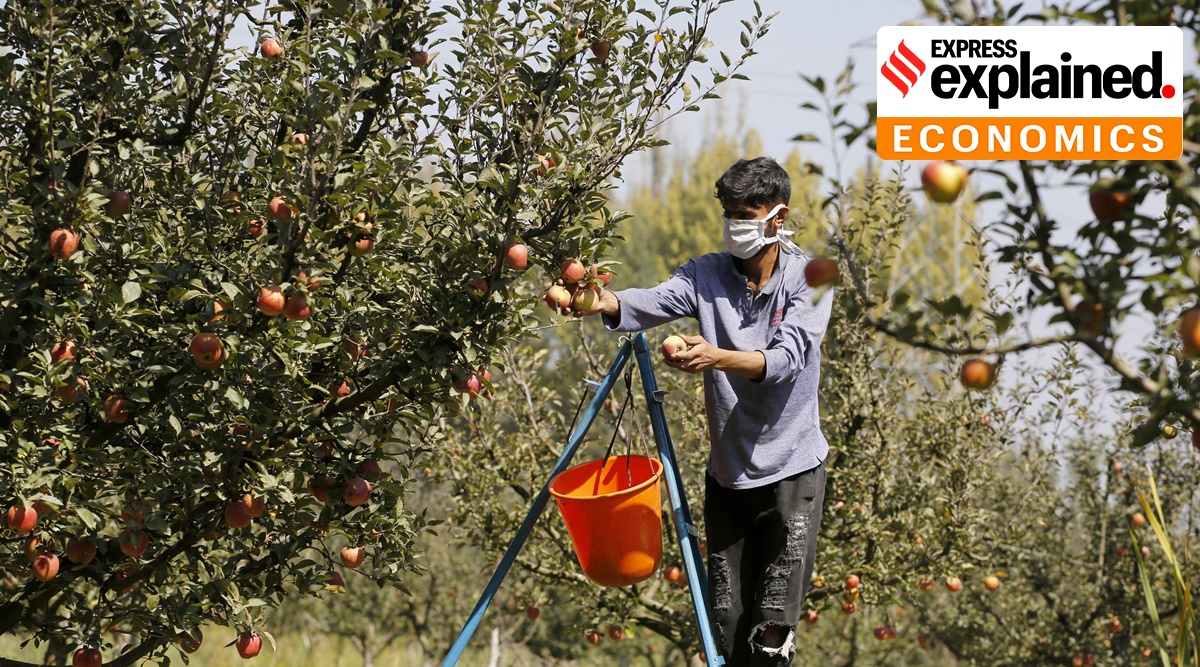
The call for higher import duties comes amidst growing concerns about the market dynamics affecting local apple producers. Farmers argue that the influx of cheaper imported apples has led to a significant drop in the prices they receive for their produce. They claim that this situation threatens their livelihoods and the sustainability of apple cultivation in India. The AFFI believes that by raising the import duty, the government can level the playing field, allowing local apples to be priced competitively against their international counterparts.
In addition to the import duty hike, the AFFI is also pushing for the establishment of a minimum procurement price for apples. This measure is intended to ensure that farmers receive a fair price for their produce, regardless of market fluctuations. The organization argues that a guaranteed minimum price would provide financial stability for apple growers and incentivize continued production.
Furthermore, the AFFI is advocating for improved storage facilities to address the issues of post-harvest losses. The lack of adequate storage infrastructure often leads to significant quantities of apples being wasted, especially during periods of peak harvest. By investing in better storage solutions, the federation hopes to reduce spoilage and enhance the overall efficiency of the supply chain.
The push for these measures reflects broader concerns within the agricultural sector about the challenges posed by global trade dynamics. Farmers across various crops have been increasingly vocal about the need for government interventions to safeguard their interests. The AFFI's demands are part of a larger movement among agricultural organizations seeking to influence policy decisions that affect their industries.
The Indian government has yet to respond officially to the AFFI's demands. However, the issue is likely to gain traction as it resonates with broader discussions about the role of trade policy in supporting local industries. The agricultural sector, particularly in regions known for apple cultivation such as Himachal Pradesh and Jammu & Kashmir, remains a critical component of India's economy, and any policy changes could have significant implications.
As the debate continues, the focus will be on how the government balances the interests of local farmers with the broader goals of trade liberalization and market efficiency. The AFFI's campaign is poised to play a key role in shaping the discourse around agricultural policy in India, highlighting the challenges faced by farmers in a rapidly changing global market.
